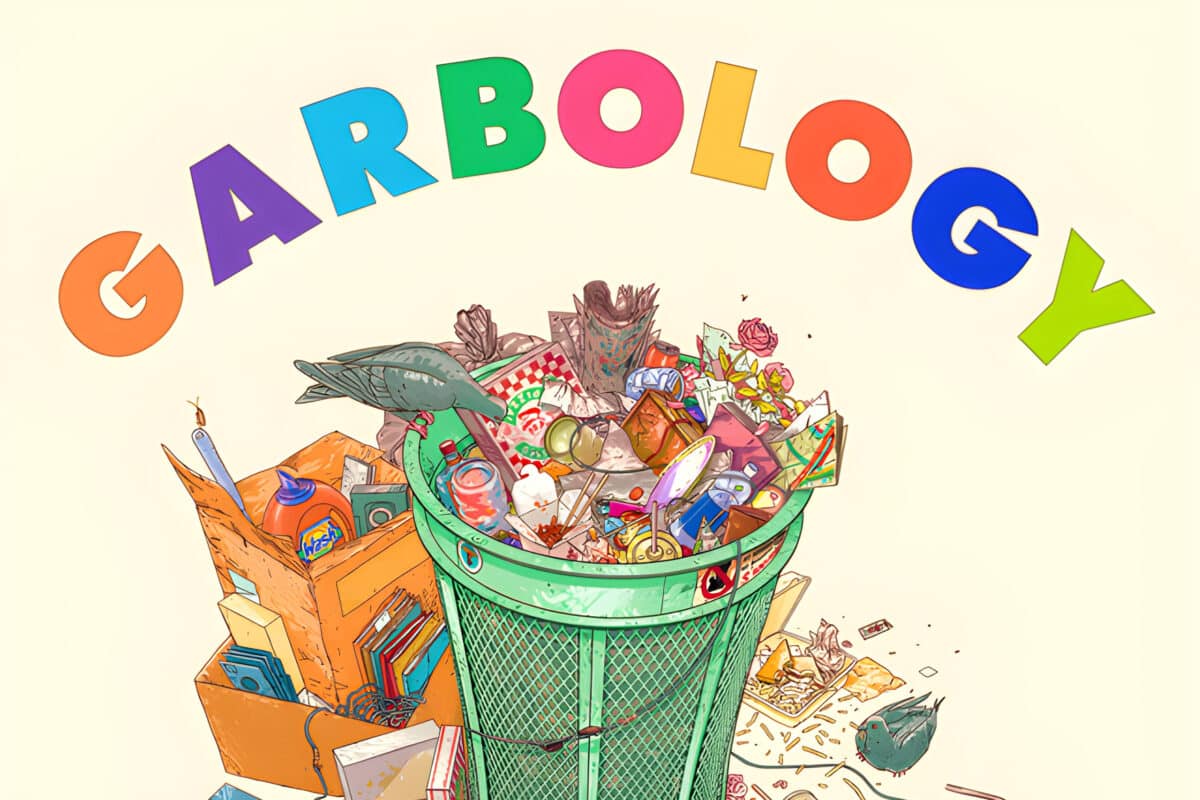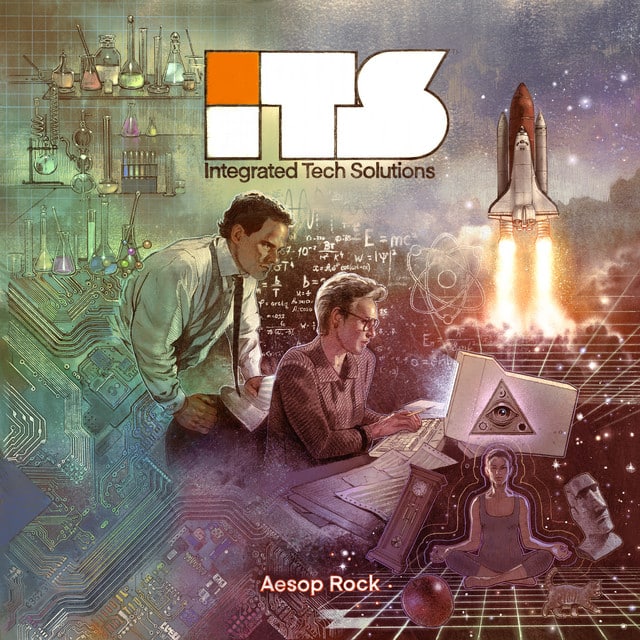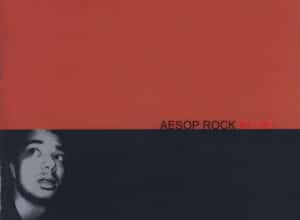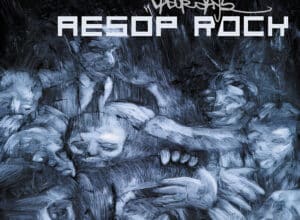Released: 2021
“More Cycles” by Aesop Rock featuring Blockhead is a dense tapestry of metaphors and imagery that paints the picture of an underground, rebellious world filled with anti-establishment themes. Aesop Rock’s signature complex lyricism is present throughout the song, as he navigates themes of resistance, defiance, and self-reliance in a seemingly chaotic urban landscape. The narrative traverses different dimensions of time and reality, with a distinct commentary on technology and societal norms.
Starting with the opening lines, “Canteen, can of beans, no compass / Add another bug to the goggles,” Aesop Rock sets the scene of an urban nomad—someone traveling without direction, only sustained by basic essentials. The “bug to the goggles” evokes a sense of tech intervention, maybe surveillance or augmented reality in the ever-watching city.
As the verse progresses, phrases like “Vigilante city watch, dipping through the gigawatts / Known for shaking sticks and playing chicken with the will of God” paint a picture of a protagonist challenging the norms, using technology (gigawatts, sticks) as metaphors for their power or rebellion against larger forces. The reference to ‘the will of God’ juxtaposes human will against divine or fate-driven outcomes.
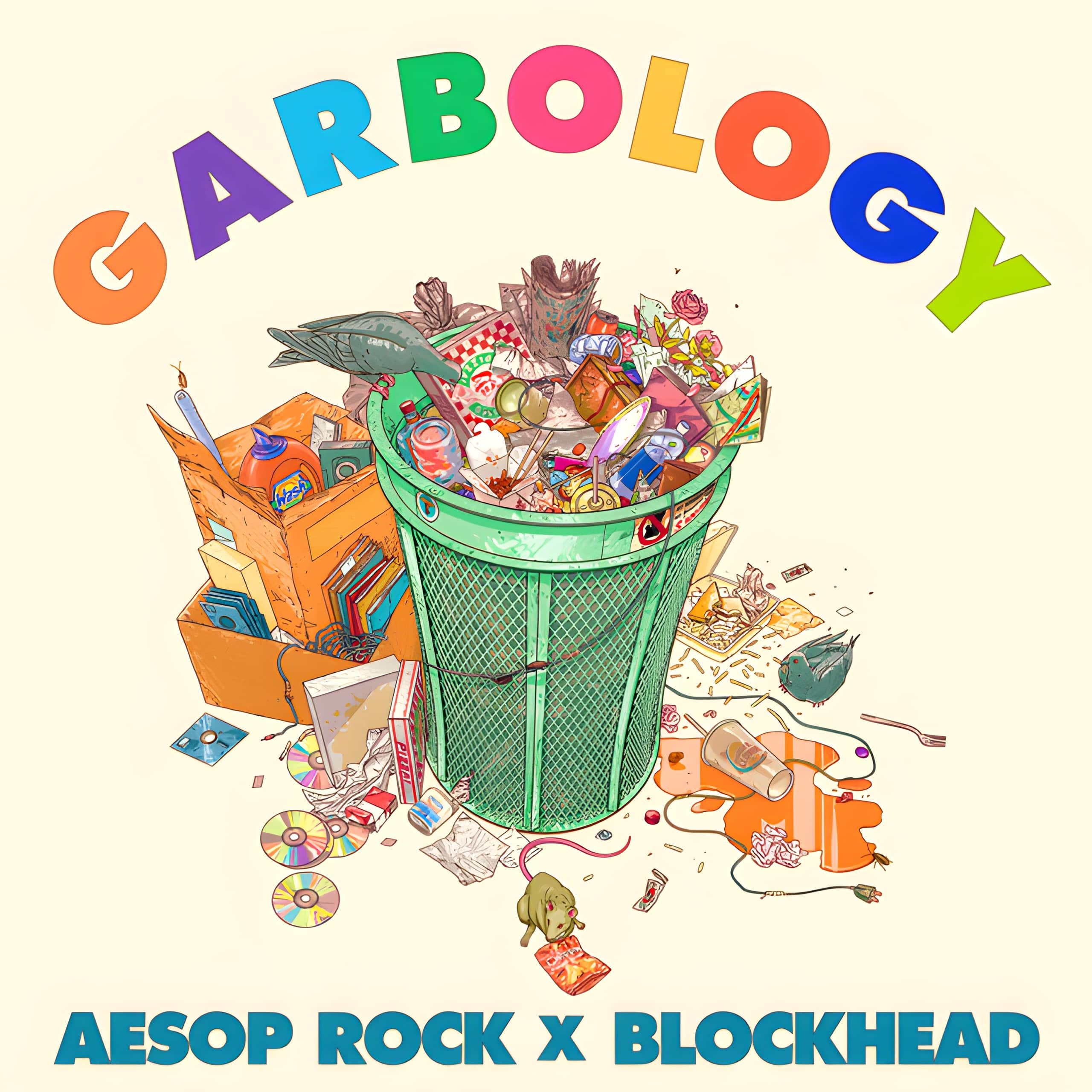
The artist describes himself as part of a society evolving ‘beyond silicon,’ possibly hinting at a post-digital world where even digital religion-like adherence (‘Same religion as Ram, Flynn, or Tron’) defines modern living. This reflects an echo of modern-day culture saturated with technology and entertainment metaphors like “Ram, Flynn, or Tron”—iconic for pushing boundaries of tech and virtual reality.
The refrain “I don’t blink first ever,” indicates the narrator’s determination and fearlessness. It suggests an unwillingness to be the one to concede in the face of confrontation, perhaps with the systemic pressures he faces. This recurring motif underlines the persistent defiance and the grit needed to survive or excel in the chaos he depicts.
In further exploration, lines such as “In yonder shadows, every corner is a hostile act / Solid black helmet, track a bullet down the trolly tracks” describe a threatening, hostile environment where one must stay alert and battle-ready, equating the urban journey to navigating through a battlefield.
Later on, “Pinky swear that should I go exploding into springs and gears / You loot the rings and gear and ghost the scene without a single tear” alludes to camaraderie and trust within the chaos—a bond built upon survival instincts, ready to reclaim and salvage parts, perhaps symbolic of material goods or emotional attachments after breakdowns or falls.
The lyric, “I could hold a wheelie for a decade / Circle any borough like a bird around a headache,” combines imagery of skill, perseverance, and restlessness. The metaphor extends to a restless energy, an inability to remain static, needing to circle or patrol as a guardian or rogue observer.
In the phrase “Mercury in retrograde / Mercenary working through the Jenga-scape,” Aesop touches on chaos theory or disruptions typically attributed to Mercury retrograde. The ‘Jenga-scape’ serves as a metaphor for a world stacked with delicate balances—where a single move might topple stability—reflective of the societal state the narrator critiques.
As the song draws to a close, Aesop’s lines “A second letter showed up, let’s imagine we could open it together / ‘I will not be home forever, this is NYC untethered,'” underscore the theme of freedom, detachment, and ongoing pursuit beyond traditional expectations of home or finality. NYC becomes symbolic of broader experiences of liberation and untethered exploration.
